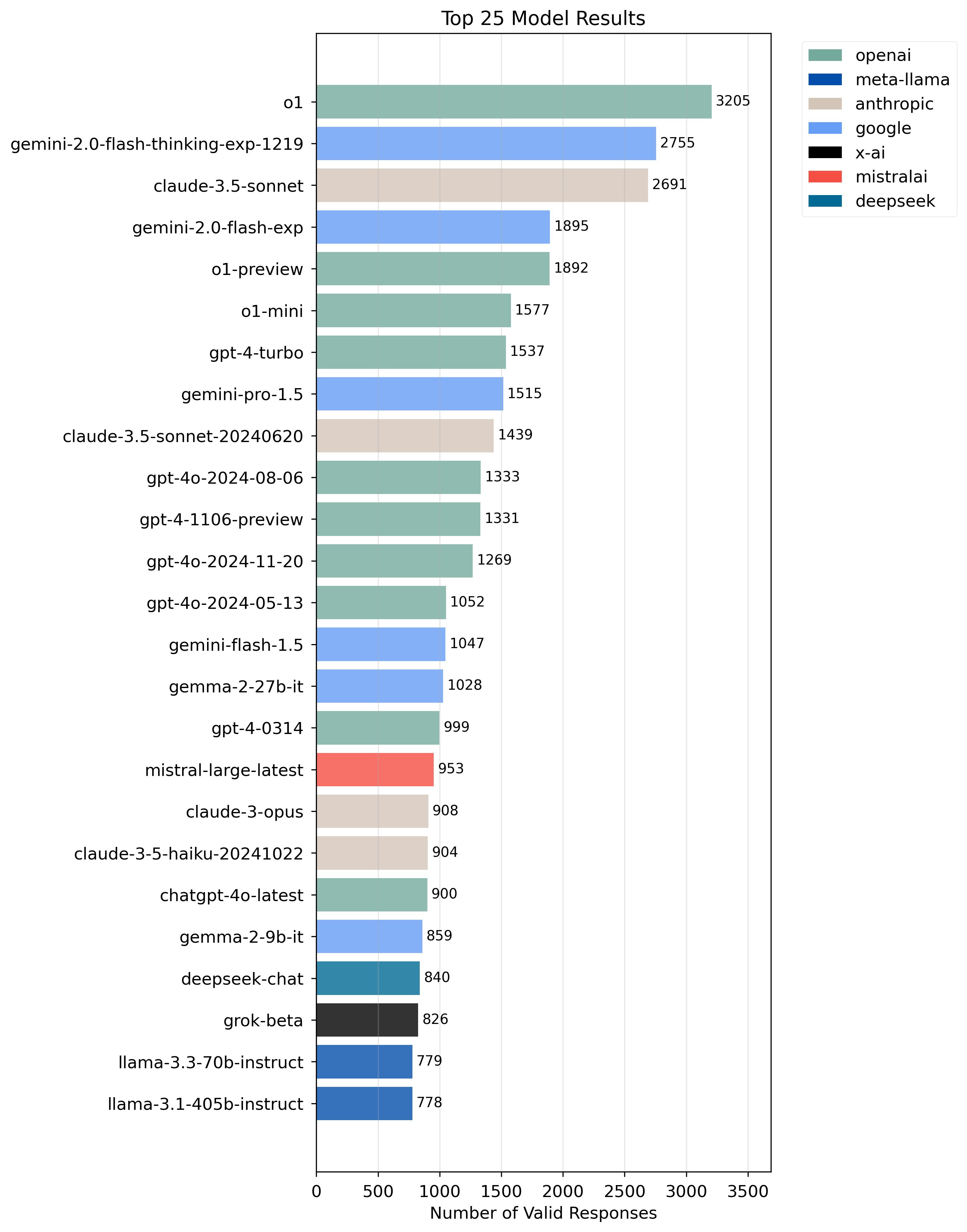DeepSeep-R1 chatbot, a groundbreaking development in the AI world, has recently caused an uproar in both the finance and technology markets. Created in 2023, this Chinese startup quickly surpassed its competitors, consisting of ChatGPT, and ended up being the # 1 app in AppStore in a number of countries.

DeepSeek wins users with its low cost, being the very first innovative AI system available for totally free. Other comparable big language models (LLMs), such as OpenAI o1 and Claude Sonnet, are presently pre-paid.

According to DeepSeek's designers, the cost of training their design was only $6 million, a revolutionary little sum, compared to its competitors. Additionally, the design was trained utilizing Nvidia H800 chips - a streamlined variation of the H100 NVL graphics accelerator, which is permitted export to China under US restrictions on selling sophisticated innovations to the PRC. The success of an app developed under conditions of limited resources, as its developers claim, became a "hot subject" for discussion amongst AI and organization professionals. Nevertheless, some cybersecurity experts point out possible dangers that DeepSeek may bring within it.
The danger of losing financial investments by big innovation companies is presently amongst the most important subjects. Since the big language design DeepSeek-R1 initially ended up being public (January 20th, 2025), its unprecedented success caused the shares of the companies that purchased AI advancement to fall.
Charu Chanana, chief financial investment strategist at Saxo Markets, indicated: "The introduction of China's DeepSeek indicates that competitors is heightening, and although it may not position a significant risk now, future rivals will evolve faster and challenge the recognized companies quicker. Earnings this week will be a substantial test."
Notably, DeepSeek was launched to public usage practically precisely after the Stargate, which was supposed to become "the biggest AI facilities job in history so far" with over $500 billion in funding was announced by Donald Trump. Such timing could be seen as an intentional attempt to reject the U.S. efforts in the AI innovations field, wiki.fablabbcn.org not to let Washington acquire an advantage in the market. Neal Khosla, photorum.eclat-mauve.fr a founder of Curai Health, which uses AI to improve the level of medical assistance, called DeepSeek "ccp [Chinese Communist Party] state psyop + economic warfare to make American AI unprofitable".
Some tech professionals' hesitation about the revealed training expense and devices utilized to establish DeepSeek may support this theory. In this context, some users' accounting of DeepSeek apparently identifying itself as ChatGPT also raises suspicion.
Mike Cook, a researcher at King's College London focusing on AI, discussed the topic: "Obviously, the model is seeing raw actions from ChatGPT at some time, however it's unclear where that is. It might be 'accidental', however sadly, we have actually seen circumstances of individuals directly training their models on the outputs of other models to attempt and piggyback off their understanding."
Some experts also find a connection between the app's founder, Liang Wenfeng, and the Chinese Communist Party. Olexiy Minakov, an expert in communication and AI, iuridictum.pecina.cz shared his interest in the app's fast success in this context: "Nobody checks out the terms of use and privacy policy, happily downloading a totally free app (here it is appropriate to recall the saying about complimentary cheese and a mousetrap). And after that your data is kept and readily available to the Chinese government as you connect with this app, congratulations"
DeepSeek's personal privacy policy, according to which the users' information is kept on servers in China
The possibly indefinite retention duration for users' personal details and ambiguous phrasing concerning data retention for users who have breached the app's terms of usage may likewise raise concerns. According to its personal privacy policy, DeepSeek can eliminate information from public gain access to, but keep it for internal investigations.
Another risk prowling within DeepSeek is the censorship and predisposition of the info it provides.
The app is concealing or offering deliberately false info on some subjects, showing the danger that AI technologies developed by authoritarian states may bring, and the impact they could have on the info area.
Despite the havoc that DeepSeek's release triggered, some experts demonstrate suspicion when talking about the app's success and the possibility of China providing brand-new innovative inventions in the AI field soon. For instance, the job of supporting and increasing the algorithms' capabilities may be a difficulty if the technological restrictions for China are not raised and AI technologies continue to progress at the very same quick rate. Stacy Rasgon, an expert at Bernstein, called the panic around DeepState "overblown". In his opinion, the AI market will keep getting financial investments, and there will still be a requirement for information chips and data centres.
Overall, the financial and technological variations triggered by DeepSeek might indeed prove to be a temporary phenomenon. Despite its present innovativeness, the app's "success story"still has substantial gaps. Not only does it issue the ideology of the app's developers and the truthfulness of their "lower resources" advancement story. It is likewise a concern of whether DeepSeek will show to be resistant in the face of the market's needs, and its capability to keep up and overrun its competitors.
(1).pngL.jpg)







